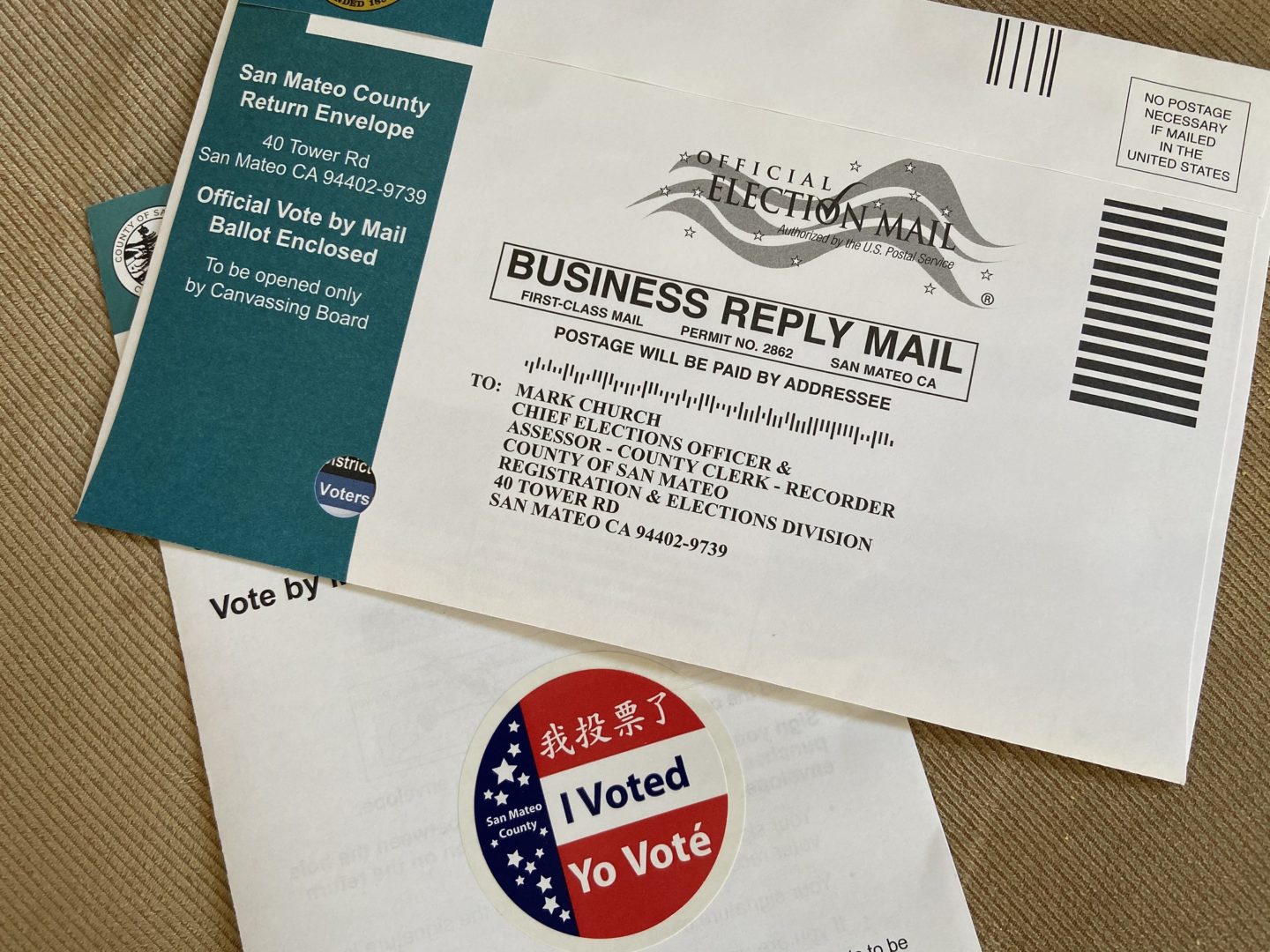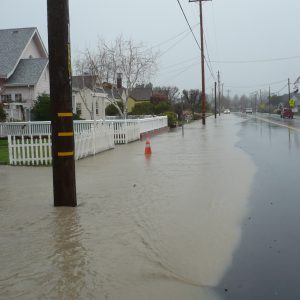 View Winners →
View Winners → 
| Photo by btwashburn via Flickr (CC BY 2.0)
Governor Gavin Newsom Monday signed a bill to send all registered voters a vote-by-mail ballot. The bill was included among a package of legislation to increase voter access and strengthen integrity in state elections.
AB 37, authored by Assemblymember Marc Berman (D-Menlo Park), permanently requires a vote-by-mail ballot be mailed to every active registered voter in California. The state first started sending vote-by-mail ballots to every registered voter in 2020 in response to the pandemic and the move resulted in record voter participation. The governor then signed legislation extending the practice to 2021.
“As states across our country continue to enact undemocratic voter suppression laws, California is increasing voter access, expanding voting options and bolstering elections integrity and transparency,” Newsom said in a statement. “Last year we took unprecedented steps to ensure all voters had the opportunity to cast a ballot during the pandemic and today we are making those measures permanent after record-breaking participation in the 2020 presidential election.”
The bill, which cleared the state legislature on a 60-17 vote, will go into effect in January and also requires “at least one vote by mail ballot drop-off location for every 30,000 registered voters within the jurisdiction where the election is held.” In jurisdictions with fewer than 30,000 registered voters, “the bill would require at least one vote by mail ballot drop-off location, and would require the elections official to make a reasonable effort to provide a ballot drop-off location in the jurisdiction where the election is held.”
“Voters like having options for returning their ballot whether by mail, at a secure drop box, a voting center or at a traditional polling station,” said Secretary of State Dr. Shirley Weber. “And the more people who participate in elections, the stronger our democracy and the more we have assurance that elections reflect the will of the people of California.”
In 2020, California had the highest voter turnout in decades and 86.72% of general election voters mailed in their ballots, according to data from the secretary of state.
“When voters get a ballot in the mail, they vote,” said Berman. “We saw this in the 2020 General Election when, in the middle of a global health pandemic, we had the highest voter turnout in California since Harry Truman was president.”
According to the Los Angeles Times, “AB 37 also applies to local elections, potentially improving turnout in community contests but also increasing costs, given that vote-by-mail ballots are provided with prepaid postage.” To account for this added expense, the bill states that if the Commission on State Mandates determines that the bill contains costs mandated by the state, local jurisdictions will be reimbursed.
California now becomes the sixth state — along with Hawaii, Oregon, Washington, Colorado, and Utah — to require that active registered voters be mailed a ballot before each election.
Governor Newsom also signed SB 35 authored by Senator Tom Umberg (D-Santa Ana) making changes to the distance within which electioneering and specified political activities near a voting site are prohibited; AB 1367 by Assemblymember Evan Low (D-Campbell) increasing penalties for the egregious personal use of campaign funds to up to two times the amount of the unlawful expenditure; and SB 686 by Senator Steve Glazer (D-Contra Costa) requiring a limited liability company (LLC) that is engaged in campaign activity to provide additional information regarding the members and capital contributors to the LLC.









































































































